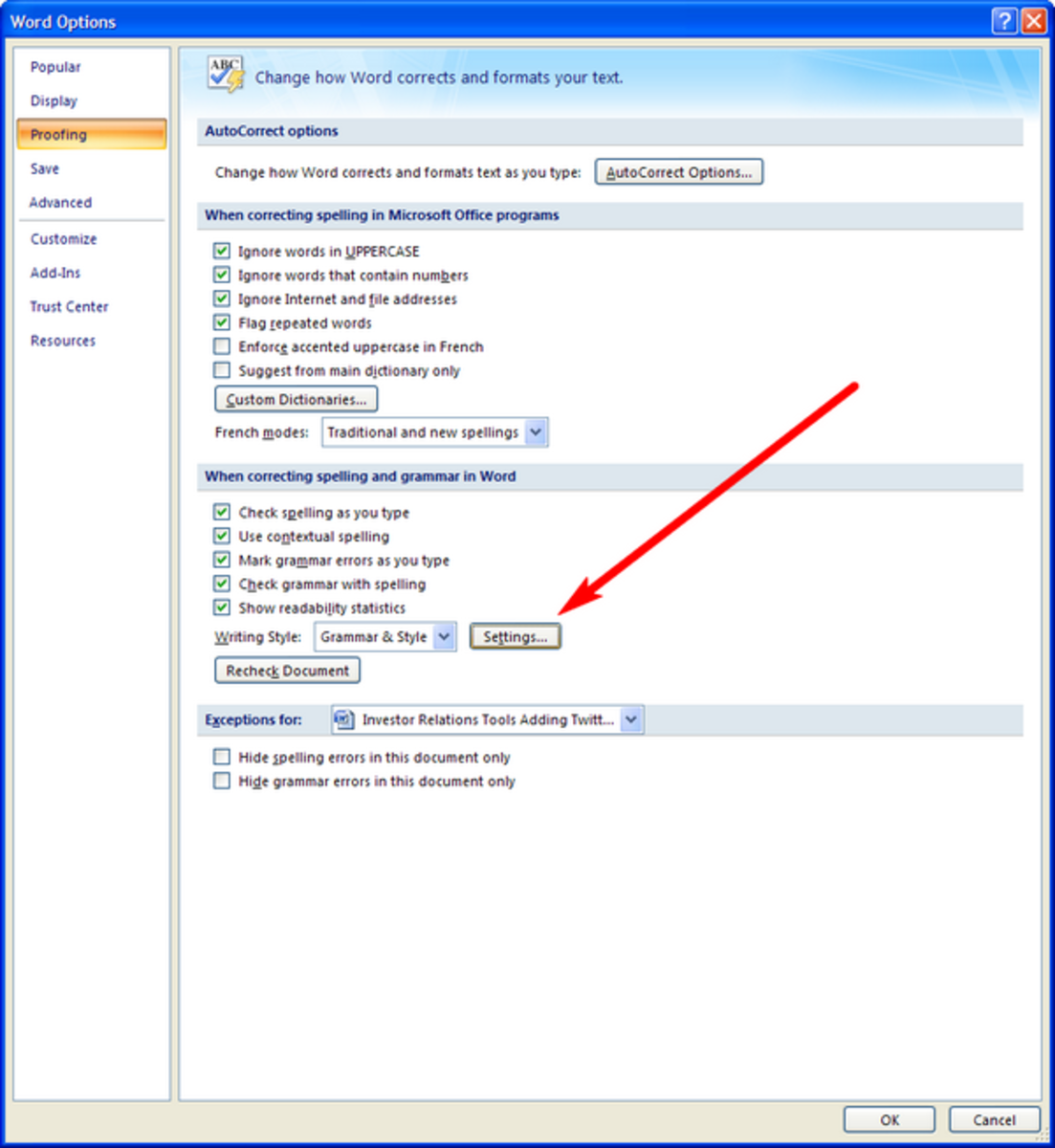- HubPages»
- Technology»
- Computers & Software»
- Computer Software
Understanding the need for Software Globalization
Despite the fact that software is spreading fast, people do not fully understand the trends in this industry. Nowadays, you can access the software in languages which is different from the original language. Software used across the world are originally written in US English. Translation plays a crucial role in the spread of software technology around the world. The growth in the software industry is driven by the great revenues that software developers and translators are able to make outside the Anglophone world.
In this hub, we you will understand the basic concepts of globalization and what role the translators play in promoting the software. The process of developing software starts with early design and then coding and finally the release to the global market.
Understanding Globalization
Globalization is a term that has become very common to the world in the recent times. As we know the world is becoming a global market. Now, software developers are able to sale their products to any part of the world. The internet is reaching all parts of the world. It provides a framework for commercial activities. The Multinational corporations are operating in many world economies. This has lead to opening of new boundaries and even proving a challenging to the distinct legal systems of the world. That means that economic globalization is becoming a way of life and it is here to stay. Due to globalization, we are changing the way in how we do business. It has been agreed by 94% of CEOs from all over the world that globalization is the most important trend. Start getting used to economic globalization now!
There is a great relationship between globalization and worldwide communication. That kind of communication is only possible through language. English is one of the most widely used languages in the world. The language has been spread through commercial activities as well as the active US pop culture. It is a fact that not all software users speak English. It has been discovered that all people who use English as their second language are capable of using it effectively in their place of work. There are some people who know enough English to compete with the natives. It has reached a point where some people who are not natives prefer using English language in their work. The national language plays a central role despite the spreading of economic globalization. Those people who speak other languages such as German would prefer a situation where they use the software in their language in a smooth manner. Many software programs have to be translated to make it easier to make use of the translation in other parts of the world. The business environment the users are required to make sure that they understand the use of application output in a real time way. This means that their accuracy must be of a high level.
The trends that occur within the software users are very clear. To start with, the industry is witnessing plenty of automation activities. The world of education has gained a lot from the creation of great software such as Interactive Science Software. The users are increasingly lacking proficient English skills.
There is plenty of statistics to show you the global reach.
Language 2002 Statistics 2004 Population
English 37% 35% (508 M)
Chinese 11% 13% (874 M)
Japanese 10% 9% (125 M)
Spanish 7% 9% (350 M)
German 6% 7% (100 M)
The trend in Internet marketing shows that e-commerce and e-business are becoming more global as compared to the previous focus on the US market. The software in a marketplace needs to be tailored in order to be truly global. This plays a key role in offering support to the markets that use non-English languages.
There is need to understand what is software globalization. This is the ability for a software product to run anywhere across the world. The software products are expected to work seamlessly without being affected the user’s culture and language. Globalization has made available plenty of choices to the world community. The users can choose to use the US English language which is the original language of many software products. There are numerous supported languages.
Software globalization starts long before the translation stage. Design is a very essential phase that is made to allow the use of the software in other areas of the world. This is basically known as Internationalization. The best software is designed to make it possible for some important features such as currency formats and selectable dates to be included. The users also prefer viewing, being able to input the data and finally print such data. It is much better when this is done by using own character sets. The software to be globalized must also take into consideration the other character sets such as Double-Byte Character Set (DBCS) as well as the simple text. Some software is BiDirectional. They support the complex languages such as Hebrew and Arabic. The software should further be flexible to cater for the requirements set by local governments across the world. In China the government requires that all software is certified as standard. In Canada, the city of Quebec has bylaws directs the use of French as a tool of work, business and education. That means any software product that lacks such features cannot be sold in that part of the world. At IBM, the Unicode support is a must. The company also directs that all products sold have to comply with the National Language Support. This feature must be enabled on the software product for it to be marketable worldwide. These features are internationalized and it is not expensive than waiting till a later stage through a stage of retrofit. It is important to understand that the software that has been internationalized should be usable in the specific region of the globe. The software should be capable of speaking the language of those areas. Internationalization is followed by localization. The coded product takes into consideration. Syntax can easily be changed unlike semantics. That means the location process goes beyond translation exercise. The user has a choice to select the language of choice.
There is nothing that can be done without using software in the economy of the modern economy. Such software supports the new languages as well local places.
Reasons for Globalizing software Products
Many software companies have discovered why it is useful to be in the world markets. It becomes very convenient for many software users to operate software that is in their own language. The operating system is localized to be a great convenience to the many users in the world markets.
The US based firm, IBM is a leader in software and its related economic activities. Its products are used all over the globe. Note also the most of the revenue is generated from countries where people do not speak English. It has been discovered that uniform solutions are needed by the multinational companies.
Implementation of Globalized Products
A number of aspects are covered by globalization. There are several tools that are used in the execution process.
Processes and Tools used in Globalization
The IBM has over 30 translation centers across the world where they carry out the translation activities. Here plenty of information is translated into desired languages. These developments have been built for more than two decades now.
The products to be translated are evaluated to make sure they are of high quality before being released. They normally check the file quality. The company makes sure that the files can be translated without errors or any other expenses which are unnecessary.
Conclusion
Software globalization depends on economic situation. The economic situation is a great factor in contributing to globalization. We cannot imagine having booming economic activities without great software applications. The users are mostly interested in the output that is attained from the use of software. The operation of software is seamless when it is prepared well by the developers.





